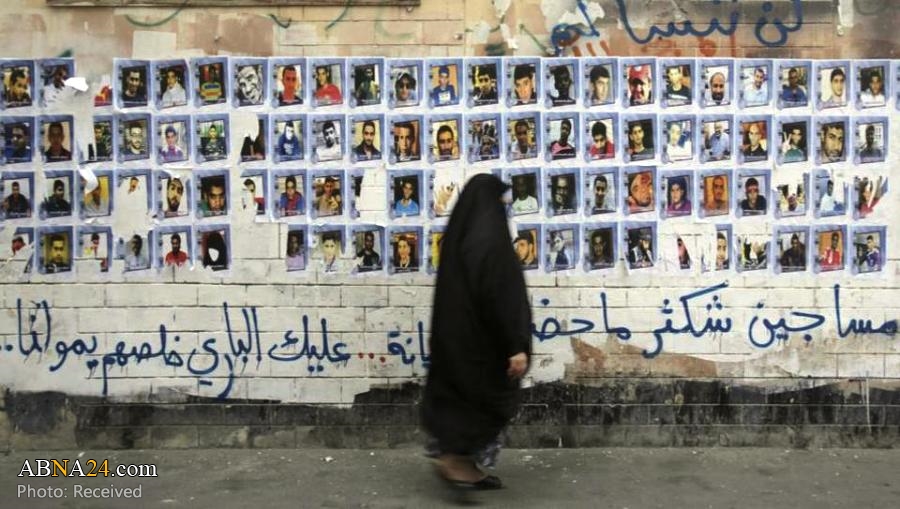(AhlulBayt News Agency) - A Bahrain court on Tuesday revoked the citizenship of 115 people, the most to lose their nationality at any one time, amid a yearslong crackdown on all dissent in the island kingdom.
Saudi Wahhabi-backed Bahrain government increasingly has wielded denaturalization as a hammer to beat back dissent on the Shiite-majority island off the coast of Saudi Arabia in the Persian Gulf.
The court decision Tuesday came as much of the Mideast focused on Israeli security forces killing 59 Palestinian protesters as the U.S. Embassy opened in Al Quds (Jerusalem) the day before. Like much of the crackdown, it has quietly escaped attention.
Acting Head of Terror Crime Prosecution, Chief Prosecutor Hamad Shaheen, said on Tuesday that the Supreme Criminal Court found 115 Shia defendants guilty of forming of a “terrorist group” called Zulfiqar Battalions, possession of explosive devices and flammable materials, training in the use of munitions, attempted murder of police officers and communication with a foreign state.
Prosecutors accused defendants of building and detonating bombs, receiving weapons training and plotting to kill police officers. Prosecutors also alleged defendants received training and support from neighboring country and its hard-line paramilitary Revolutionary Guard.
Fifty-three defendants received life imprisonment, three were sentenced to 15 years behind bars and fifteen others got seven years in prison. The rest of the defendants were sentenced to jail terms ranging from three to five years.
Bahraini officials did not immediately respond to requests for comment for more information. Activists said the sentencing raised the number of those who have lost their citizenship since the 2012 to over 700.
“This outrageously harsh sentence is setting a new level of injustice in Bahrain,” said Sayed Ahmed Alwadaei, the director of advocacy at the Bahrain Institute for Rights and Democracy. “Rendering people stateless in a mass trial is a clear violation of international law.”
Bahrain, a nation only some 760 square kilometers (290 square miles) in size, is home to some 1.4 million people. About half are Bahraini citizens, the majority of them Shiite. The island is also home to the U.S. Navy’s 5th Fleet and a new British naval base.
The island has been ruled since the 1780s by the Al Khalifa family. King Hamad, who took the throne in 1999, initially took steps to move the country from an absolute monarchy to a constitutional one.
However, the island’s Shiite majority accused the government of treating them like second-class citizens. They joined pro-democracy activists in demanding more political freedoms in 2011, as Islamic Awakening protests swept the wider Middle East. Saudi and Emirati troops ultimately helped violently put down the peaceful demonstrations.
Bahrain promised change after the protests. But since April 2016, Bahrain has engaged in a new crackdown on dissent, overturning reforms that blocked civilians from being tried in military courts. It has shut down political parties, arrested political activists and forced others into exile.
The U.S. previously pushed back against Bahrain on human rights matters, using its influence as the island’s defense guarantor with over 7,000 U.S. troops attached to a sprawling base called the Naval Support Activity in Manama.
However, that’s changed with President Trump. His administration approved a multibillion-dollar sale of F-16 fighter jets to Bahrain without the human rights conditions imposed by the State Department under President Barack Obama.













/129

